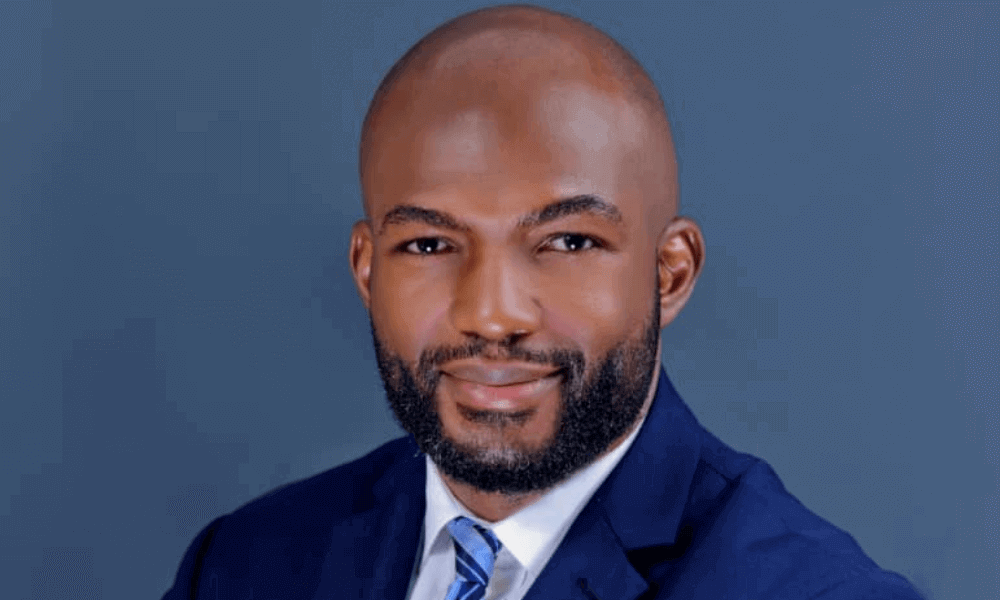
In the Igbo-speaking part of Delta State, and in some parts of Eastern Nigeria, there is a slang called “Adigboroja”. It is a generic local terminology used to describe a fake product or any malfunctioning item that is counterfeit. Now, there are materials purchased and deployed to polling stations by INEC for the conduct of elections. These materials include, among others, ballot papers, ballot boxes, voter register, result sheets (Form EC8A), BVAS and IREV machines. The very moment any of these materials develop ‘glitches’, voters would suspect that the result of the election has been manipulated. Though this may not always be the case, the implication of the mere suspicion of foul play resulting from malfunctioning tools is that the citizens would lose faith not just in the entire electoral process, but in the ruling class and the nation as a whole. Worse still, the electoral umpire would suffer the shame of the proverbial defecator who discharged his poop in a sacred altar! Not even hell could survive such malodorous calamity.
Top on the list of these electoral materials, and perhaps the most problematic, are the BVAS and IReV. The Bimodal Voter Accreditation System (BVAS) is a technical device that allows for the identification and accreditation of voters through fingerprints and facial recognition while the Election Result Viewing Portal (IReV) is an online portal where polling unit-level results are uploaded directly from the polling unit, transmitted and available for public monitoring. IReV allows members of the public to create personal accounts and monitor uploaded results, thereby ensuring the transparency and integrity of the electoral process. With IReV, snatching of ballot boxes would become an exercise in futility.
In 2021, INEC deployed BVAS as a means of overcoming the challenge of over-voting by accrediting voters through fingerprint and facial recognition. The objective was to eliminate manual voter identification and accreditation which was characterized by all kinds of electoral malpractices. At the time, BVAS was introduced to replace card readers which could not read permanent voter cards correctly.
From hindsight, the jury is still out on INEC’S past performances on the deployment and use of these machines. Then, of course, the very moment Peter Obi threw his hat into the ring as a presidential candidate of the Labour Party, which was almost like throwing the cat among the pigeons, the political equation became even more complicated for the electoral umpires. In Rivers State, for example, after the BVAS initially failed to capture the then governor, Nyesom Wike, he said, “We are highly disappointed. INEC told us they were ready for the election and that BVAS machines are working. You can see the crowd here; I don’t think that most people will be allowed to vote because of the slow working of the BVAS.”
Prior to the election, the then INEC chairman, Mahmood Yakubu, had assured the nation that results would be uploaded on INEC portal to allow individuals to monitor the elections in real time. However, when BVAS was first deployed in Isoko South Constituency 1 by-election in Delta State on September 10, 2021, there were reports that the machine could not capture the thumbs and faces of some of the voters, and experience across the country showed that results could hardly be uploaded on the portal in real time because of poor network.
All that is now history. But these anomalies threw up a number of questions. Is there a possibility that a fake version of BVAS and IReV could be manufactured? Are there more viable alternatives to these problematic machines? Where and how are they manufactured? Why do some of them suddenly develop glitches in the middle of elections in Nigeria? Why won’t results of elections be displayed by INEC on the INEC portal in real time as is done in developed climes? Why are results announced when elections are still ongoing? Will there be online network to upload the results on the INEC portal at polling units, or will there still be network failure? These are questions that the new leadership of INEC must answer if they intend to succeed in 2027.
In a palm-wine joint, an active drinker told the house that BVAS is a spiritual machine concocted by enemies of Nigeria to obfuscate voters! Of course, this is a fantastic proposition, but as they say, there is no smoke without fire. Now, the Chairman of INEC, Professor Mahmood Yakubu, has stepped aside having completed his tenure, and the nation is waiting to see the calibre of the new head that would be appointed by the President. This time around, the electorate might not only be asking questions, but would at the same time be questioning answers that are not acceptable to them. Would results characterized by a confetti of glitches and malfunctioning equipment be accepted by the electorate in 2027? The answer is capital NO.
*Anthony-Spinks is of the Delta State Public Procurement Commission. He writes from Asaba.






































































